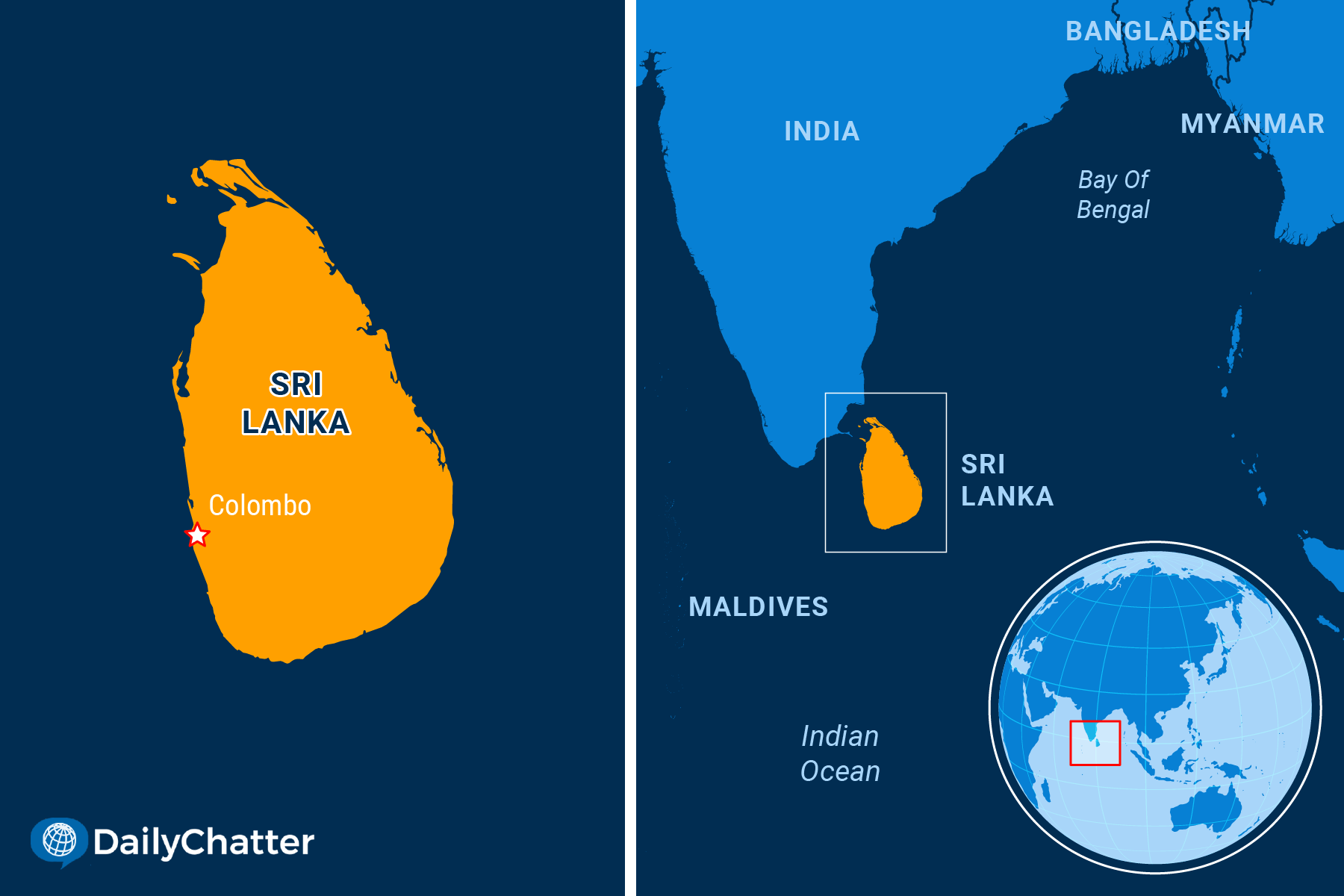Appeasement, Failed

Sri Lankan Prime Minister Mahinda Rajapaksa resigned Monday amid ongoing mass protests that have gripped the country over the worst economic crisis seen since gaining independence from Britain in 1948, BBC reported.
Rajapaksa handed in his resignation to his president – and brother – Gotabaya, saying he hoped the move would resolve the crisis. His decision came after the government imposed a curfew to curb the unrest following violent clashes between Rajapaksa’s supporters and anti-government protesters in the capital, Colombo.
Since April, thousands of protesters have taken to the streets to demand the government’s resignation. The demonstrations were sparked by the soaring cost of living, which has made it impossible for people to afford food, medicine and fuel.
Sri Lanka’s foreign currency reserves are near depleted and the government has requested emergency financial help.
Officials have blamed the coronavirus pandemic for the crisis, which has severely hurt Sri Lanka’s tourism sector – a major foreign currency earner.
But analysts said that economic mismanagement is also part of the problem and noted that Mahinda’s resignation will do little to satisfy demonstrators.
Following his resignation, the unrest escalated with demonstrators attacking properties linked to the prime minister and other Rajapaksa loyalists across the country, Al Jazeera added.
Opposition parties, meanwhile, have been calling for the president’s resignation.

Subscribe today and GlobalPost will be in your inbox the next weekday morning
Join us today and pay only $32.95 for an annual subscription, or less than $3 a month for our unique insights into crucial developments on the world stage. It’s by far the best investment you can make to expand your knowledge of the world.
And you get a free two-week trial with no obligation to continue.
